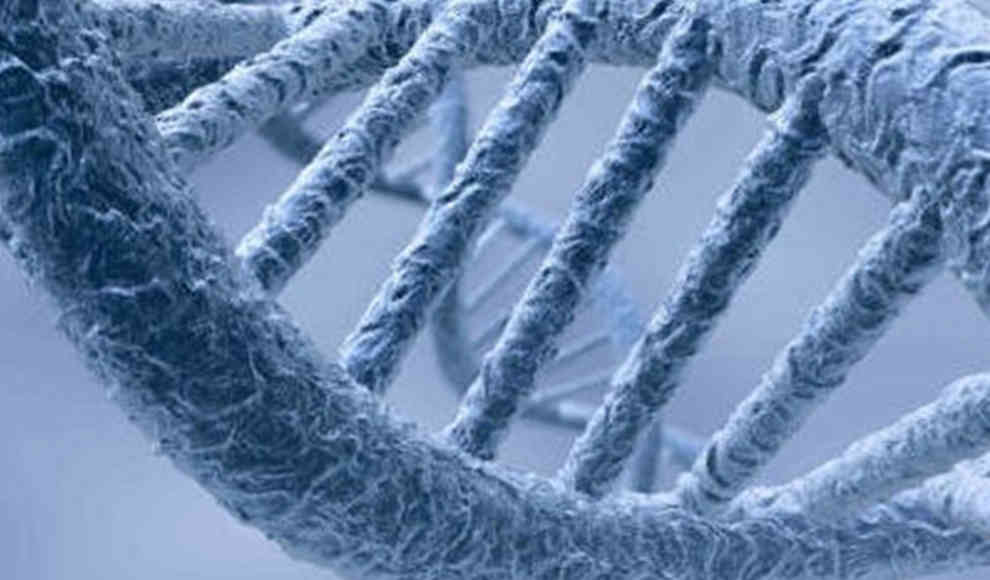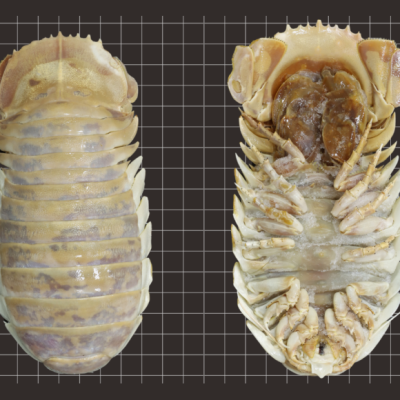In a groundbreaking discovery, British researchers have found that some of our genes are not entirely human. Instead, they originate from microorganisms and were transferred into our DNA through a process called horizontal gene transfer. This finding challenges the previous belief that this process was not significant in human evolution. The researchers suggest that the extent of this transfer could be even greater than what they have currently identified.
Bacteria are known to exchange entire sections of their genetic material, not only among themselves but also with other species. This process, known as horizontal gene transfer, is crucial for evolution. Until now, it was believed that higher animals, including humans, were not affected by this process. However, researchers have found remnants of viral DNA sequences in the non-coding regions of our DNA. Alastair Crisp and his team from the University of Cambridge analyzed the DNA of twelve species of fruit flies, four species of nematodes, and ten primates, including humans. They found that at least 128 genes in the human genome were acquired through horizontal gene transfer, including genes related to metabolism, immune defense, and blood type.
The origin of these genes is mainly from bacteria and other single-celled organisms, but viruses and fungi also contributed. The researchers suggest that horizontal gene transfer is not a rare occurrence and has contributed to the evolution of many animals. They also believe that horizontal gene transfer between multicellular organisms is possible. This discovery challenges our understanding of human evolution and highlights the importance of studying the genetic makeup of all living organisms.










